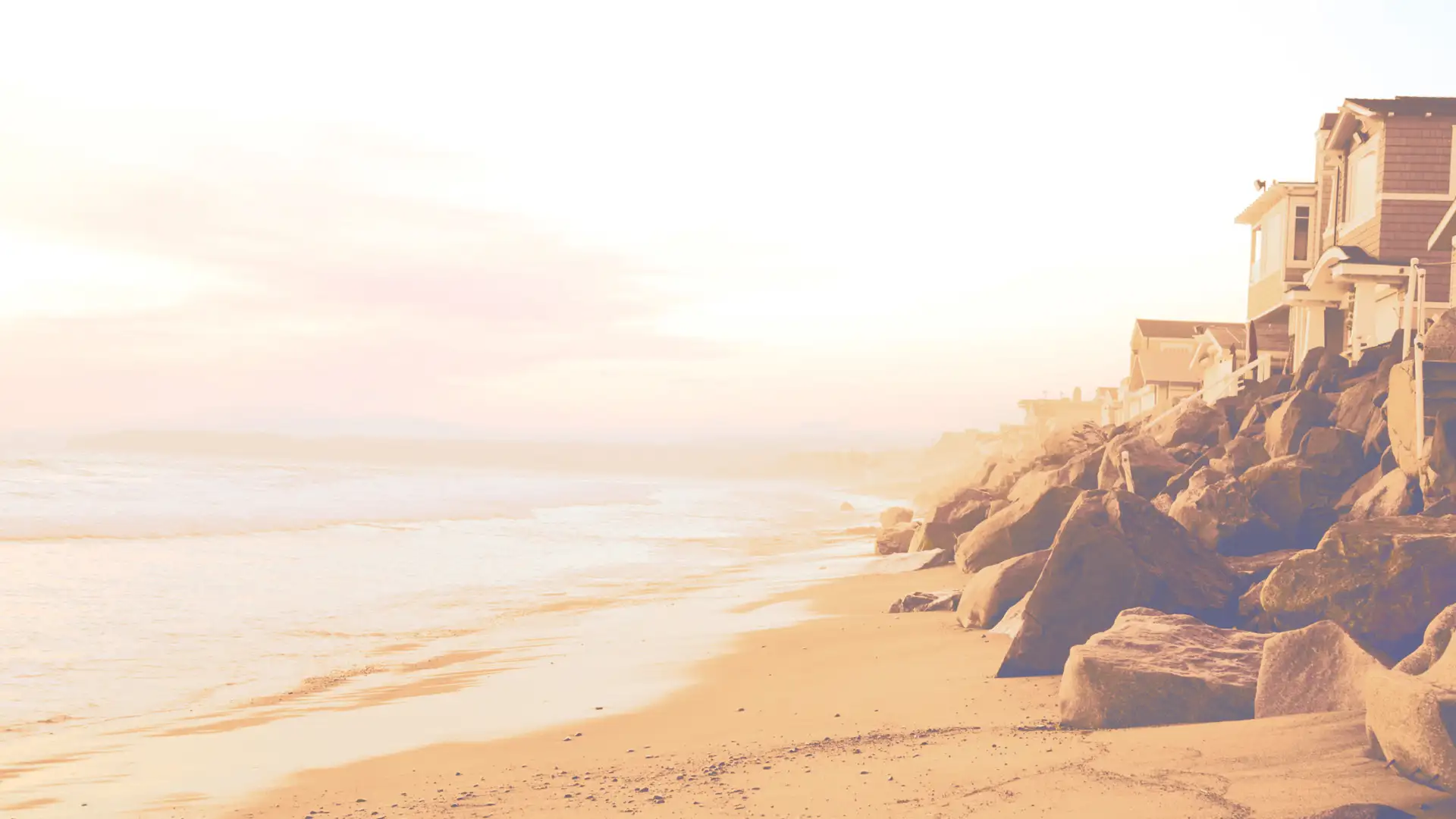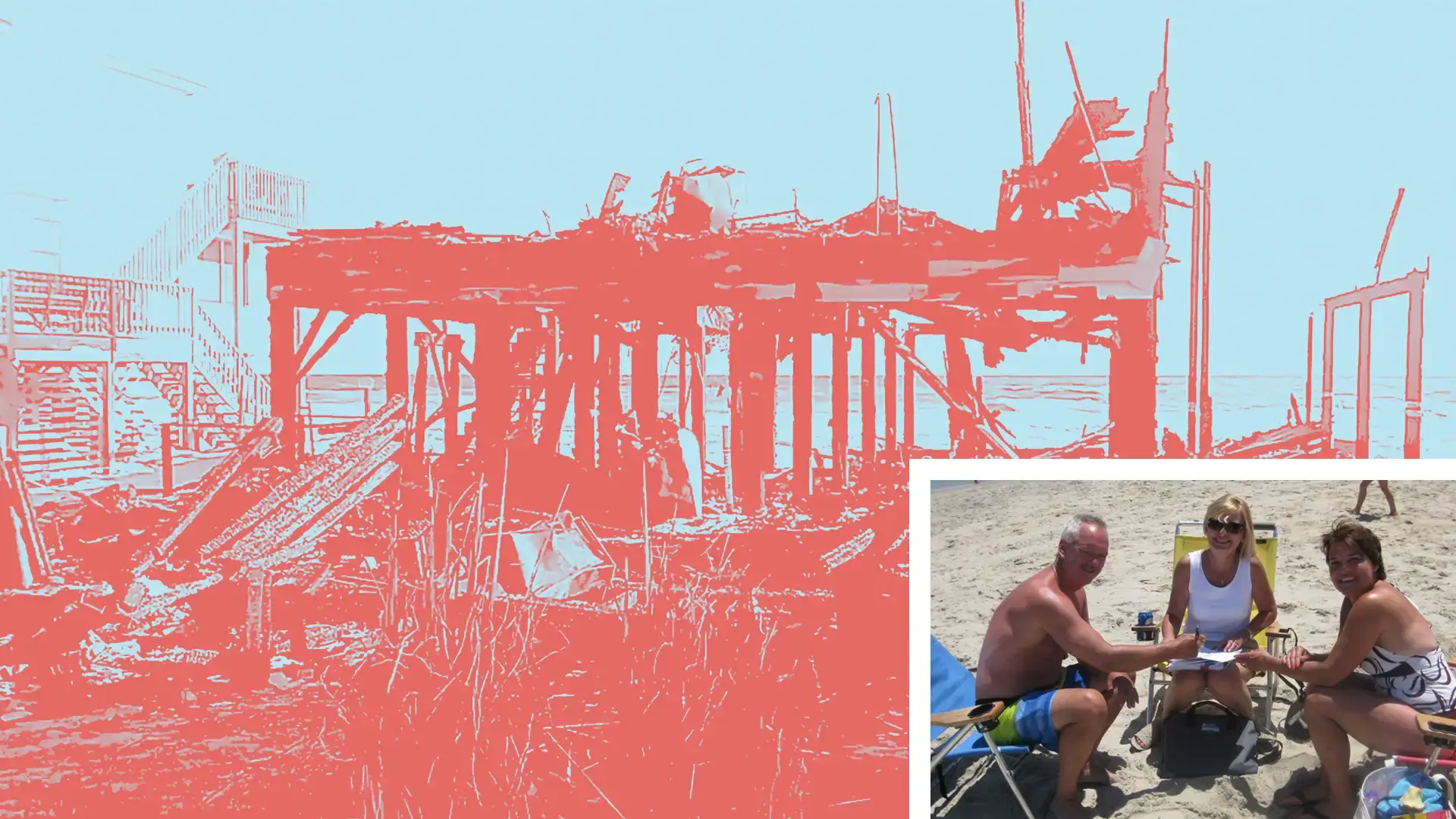Four perspectives on who owns America’s beaches
PROFESSOR ANDREW KAHRL writes in The New York Times that beachfront property owners have created “anti-social” and “environmentally destructive” barriers to beach access. He calls on Congress to dedicate all beaches to the states for public use.
“As a state legislator, Mr. Eckhardt had passed the nation’s first open beaches law, the Texas Open Beaches Act of 1959, which defined all land below the vegetation line as belonging to the state for use by the people.
“Rather than a departure, this bill was a restoration of the ancient right of the public to the foreshore—a right dating from Roman civil law that was incorporated into English common law, transported to the American colonies and finally preserved in the new nation in what came to be known as the Public Trust Doctrine.”
IN THE PRESERVATION Leadership Forum, attorney Grady Gammage concedes that property owners are often abused, which drives support for property protections. But he argues that forcing the government to pay for the property it devalues is not the answer.
“The property rights legislation being proposed in Congress and most of the states is a bad idea. Bad because it would create a needless new bureaucracy of ‘takings analysis’ … bad because we as a society cannot afford to compensate for every action that cuts a property’s value; bad because we do not recoup for the things society does that enhance the value of the same property; bad, ultimately, because it misses the central point of a democracy. We must balance private rights and public needs to achieve a consensus of social justice.”
WET BEACH AREAS are already public, and in no danger of being privatized, writes PLF attorney J. David Breemer in The New York Times. The real danger is governments expanding the public beach area onto private property without compensating owners for their loss.
“Such uncompensated ‘public-ization’ of present and future dry beach areas deprives homeowners of privacy and, in some cases, threatens private homes. Once the government asserts that the public has rights to the dry beach, it may try to forcibly remove any beachfront home—again without payment—on a lot that has become a part of the dry sand beach (for instance, after a storm denudes the vegetation from the lot)…
“After all, if the government can evade the Constitution on the coast, no property is safe. Confiscating private property isn’t the American way and it isn’t appropriate for American land—whether far inland, or next to the sea.”
IN THE LIBERTARIAN REVIEW, journalist Jeff Riggenbach argues that free markets make land both more productive and more beautiful.
“In Alaska, about 99.75% of the land is publicly owned…. All the food produced in the state is produced on the .25% of the land which is privately owned. The government-owned land is unproductive.
“… Perhaps the most important fact in the TIME magazine report on [privately owned parks] is the news that the men who are developing them are making a lot of money doing it: that there’s a demand, on the market, for the kind of wilderness conservation the government would like us to believe is only possible through public ownership of land. It isn’t always or necessarily true that the drive to make money produces despoilers of nature.”







